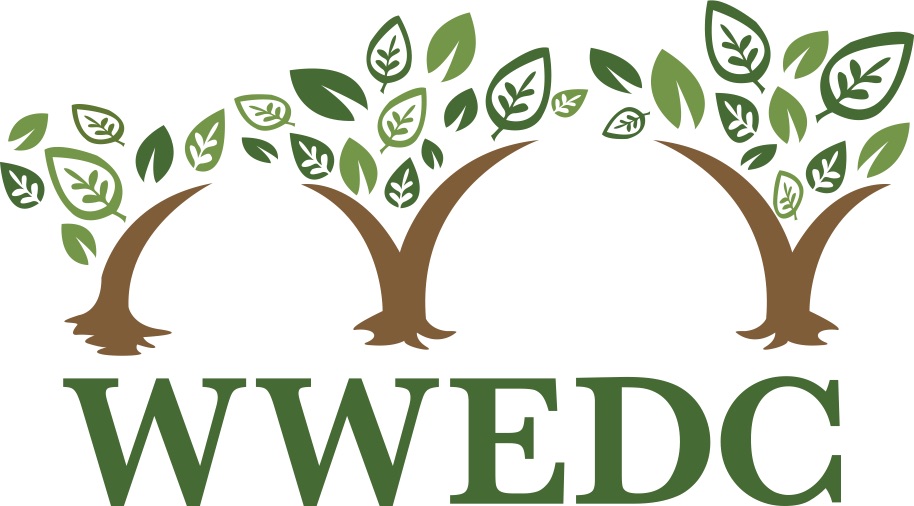Blog post written by Therese Kenny, MSc, PhD Student Clinical Child and Adolescent Psychology
Eating Disorder Awareness Week (EDAW) invites us to deepen our understanding and awareness of eating disorders. It is important in doing so however, that we are mindful of where the information comes from. Statistics, research, and treatment protocols all have value, but they tend to miss the human experience of eating disorders. To get this, we must turn to the people who know eating disorders best: the people who have lived them and their loved ones. In looking to folx with lived experience, we can learn from their expertise, gain a more holistic perspective, and diversify our understanding of what eating disorders are and whom they affect.
Expertise
Individuals with lived experience bring enormous expertise in the experience of having an eating disorder. Expertise is defined as ‘expert skill or knowledge in a particular field.’ While we often think of mental health experts as helping professionals or researchers, this overlooks the incredible contributions to be made by folx with lived experience. These individuals can offer valuable and unique insights into what having an eating disorder entails. Equally important, folx with lived experience are able to share what helps and what does not help when treating eating disorders and associated mental health challenges, something that is too often identified by professionals who do not have the experience of being service users. In this way, highlighting lived experience perspectives increases our understanding of eating disorders and how we can best support individuals navigating the challenges posed by these disorders.
The Whole Picture
One thing that is unique about lived experience expertise (versus clinical or research expertise) is that individuals with lived experience understand the experience of being a person with an eating disorder. While clinicians and researchers have an abundance of knowledge about eating disorders, they tend to focus on just that: the eating disorder. The reality, however, is that people who struggle with eating disorders have hopes, dreams, and lives outside of the eating disorder. When we focus on just the eating disorder, we can forget these other aspects and target just symptoms and behaviours. This has resulted in definitions of recovery and treatment approaches that focus on what people should abstain from with little focus on what can be grown and cultivated (Kenny & Lewis, 2021). When we look at people’s lived experiences, however, we find that recovery is about so much more than symptom abatement. Instead, these individuals highlight, resilience, transformation and growth, and alternative coping strategies (Bohrer et al., 2020; de Vos et al., 2017; Kenny et al., 2020).
Diverse Experiences
Perhaps most importantly, lived experience perspectives provide diversity. The overwhelming majority of what we know about eating disorders comes from white, able-bodied, cis women. While this knowledge has propelled our understanding of eating disorders in this population, it is essential that we expand our understanding of eating disorders to individuals inhabiting other social locations. This is particularly important because we know that individuals who experience one or more marginalized identities face additional stressors, some of which are directly related to body and food. For example, policing of Black bodies sends an overt message that these bodies are wrong. Living in a body that does not match one’s gender identity can lead to body dissonance. Having a disability means that one’s body may not be functional in the way that one wants. Understanding the intersection of these experiences with other experiences that contribute to eating disorders (e.g., temperament, life stressors/trauma, diet culture) is essential in being able to offer fair, equitable, and effective care. The only way that we can start to expand our understanding of these diverse experiences is to listen to the people who have lived them.
Though by no means exhaustive, these reasons highlight the importance of centering lived experiences in conversations about eating disorders. Ultimately, if we want to learn about and make change in eating disorders, we need to go to the people who are experts in this experience. This EDAW, we encourage you to seek out, listen to, and/or share diverse lived experiences, so that we can all better understand what it means to have experienced or supported someone with an eating disorder.
References
Bohrer, B. K., Foye, U., & Jewell, T. (2020). Recovery as a process: Exploring definitions of recovery in the context of eating‐disorder‐related social media forums. International Journal of Eating Disorders, 8, 1219-1223.
de Vos, J. A., Lamarre, A., Radstaak, M., Bijkerk, C. A., Bohlmeijer, E. T., & Westerhof, G. J. (2017). Identifying fundamental criteria for eating disorder recovery: A systematic review and qualitative meta-analysis. Journal of Eating Disorders, 5, 34.
Kenny, T. E., Boyle, S. L., & Lewis, S. P. (2020). #recovery: Understanding recovery from the lens of recovery‐focused blogs posted by individuals with lived experience. International Journal of Eating Disorders, 8, 1234-1243.
Kenny, T. E., & Lewis, S.P. (2021). Reconceptualizing recovery: Integrating lived experience perspectives into traditional recovery frameworks. Psychiatric Services. Advanced online copy.

